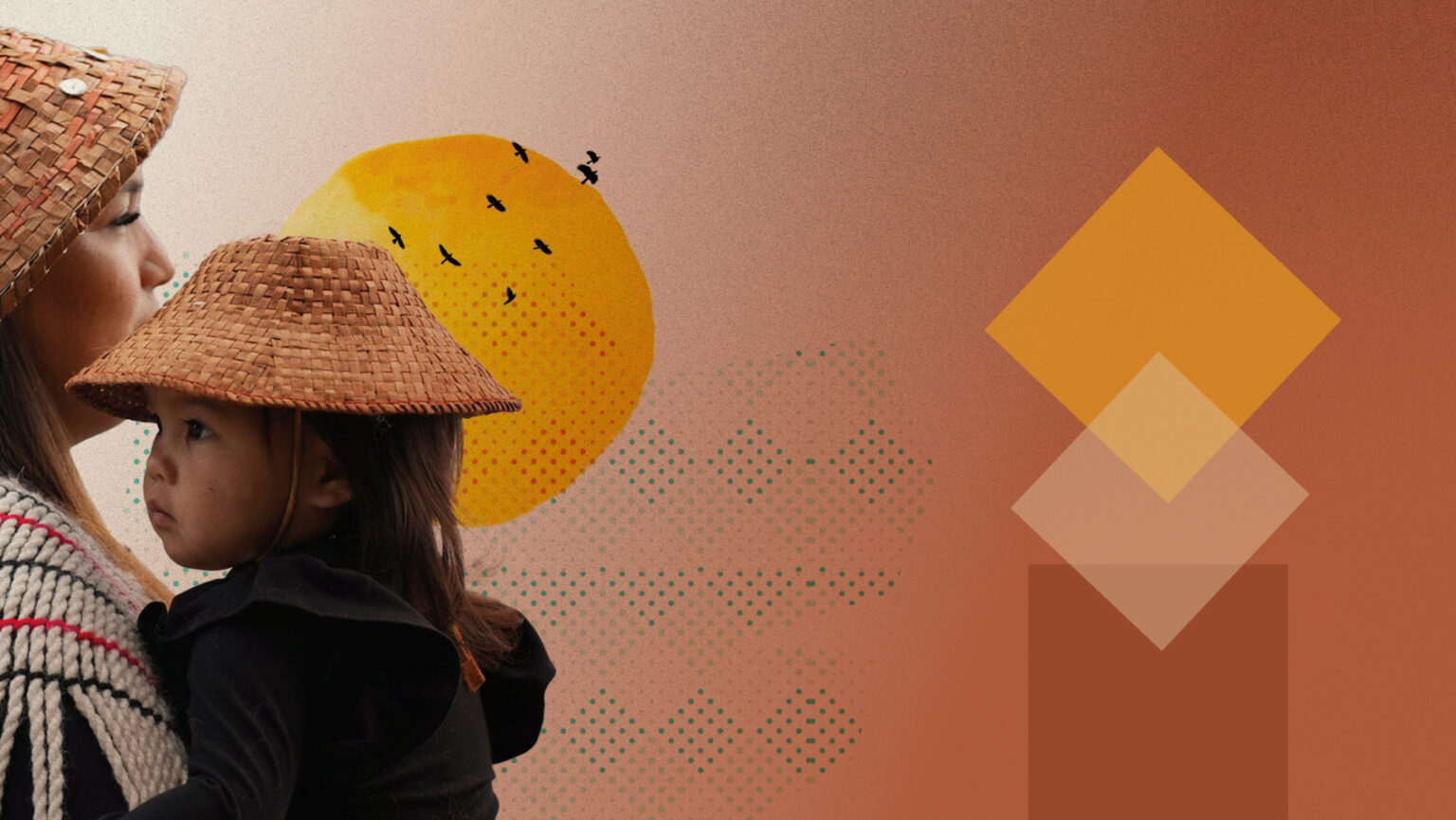Investing in Tribal programs that support early intervention and prevention of child abuse and neglect have far-reaching implications for the well-being of Native children, families, and communities. However, the current federal investment in child welfare has long been skewed towards crisis interventions, perpetuating a cycle of ineffective interventions and repeated contacts with the child welfare system. Prioritizing early intervention and prevention as foundational approaches is essential to empowering Tribal nations to deliver culturally appropriate services that resonate with their communities.
On April 22-23, 2025, Tribal leaders and advocates for Native children gathered to provide testimony before the U.S. Department of Health and Human Services (HHS) for their 27th Annual Tribal Budget and Policy Consultation. The annual consultation serves as a crucial platform for Tribes and urban Native programs to voice their needs and priorities regarding HHS-funded programs. The consultation marks the beginning of HHS’s development of the FY 2027 budget that will be sent to Congress the following year and allows Tribal nations and urban Native programs the opportunity to provide input on funding levels, program priorities, and legislative recommendations.
NICWA submitted written testimony ahead of the 27th Annual Tribal Budget and Policy Consultation. Vice Chairwoman Loni Greninger (Jamestown S’Klallam Tribe) provided NICWA’s testimony, underscoring our commitment to advancing the well-being of Native children and families. NICWA’s testimony includes funding and legislative recommendations that would provide Tribal nations with more workable funding levels–after years of little or no increase–and to improve outcomes for Native children and families, whether in Tribal or state systems.
